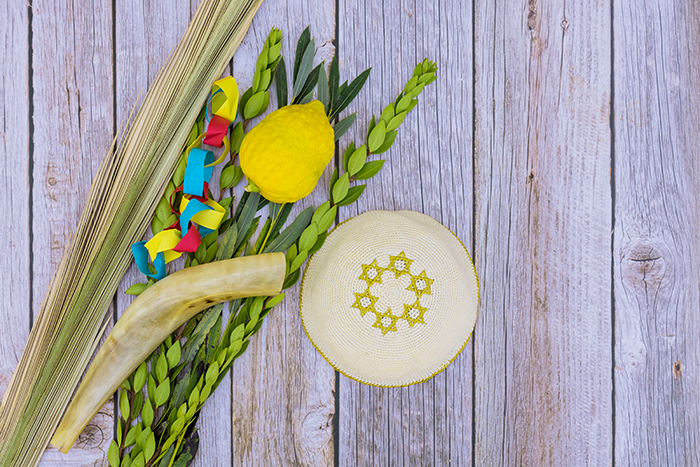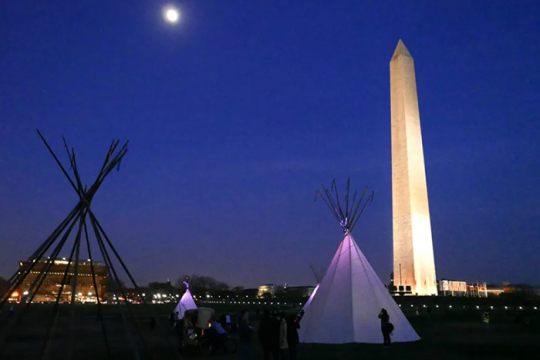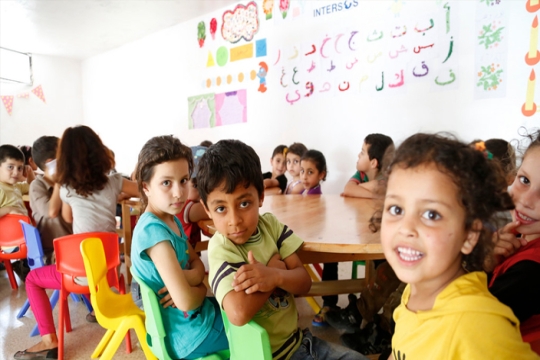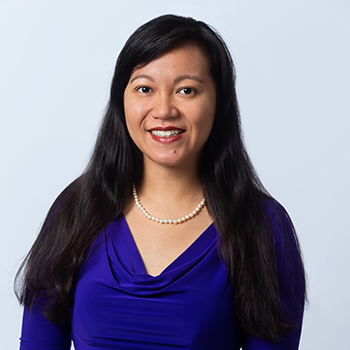
When I lived in South Korea, my Korean family celebrated and taught me about Chuseok, the Korean fall festival holiday. During Chuseok, many Koreans travel back to their hometowns, spend time with their families, and cook and eat a lot of traditional foods. Flawless produce and elaborate, expensive gift sets appear in every department store - all meant to be given to family members or used in charye, the special ceremony for ancestor worship. Special, chewy rice cakes with sweet fillings like chestnut, red bean, or sesame seeds (songpyeon), fried vegetable, meat, or fish medallions (jeon), honey cookies (yakgwa), glass noodles with julienned vegetables and fried egg strips (japchae), fried mung bean pancakes with scallion, pork, and kimchi (bindaetteok), a plethora of side dishes (banchan), various fruits like Korean pears, apples, grapes, and melon, and the ubiquitous kimchi are all arranged in a special order on the offering table for charye, along with cups and a bottle of alcohol (usually rice wine). Pictures of family members can be placed on the table as well, or a piece of paper that represents our ancestors.
Chuseok is often referred to as "Korean Thanksgiving," but I think Chuseok more strongly resembles Sukkot. Both are fall festival holidays governed by the lunar calendar. In some years, Chuseok and Sukkot fall on or around the same day. (This year, due to the Jewish leap year, Chuseok and Sukkot are nearly a month apart.)
The concept of home is shared between Chuseok (Koreans traveling back to their hometowns) and Sukkot (creating a temporary dwelling and living, sleeping, eating, and welcoming all beneath its shelter for a week). Home is a powerful concept: is there anything more powerful than the desire to know who you are, to return to your roots, to understand where you come from? Is there anything more powerful, comforting, or reassuring than the idea of home - the place where you are not only physically safe, but nurtured and restored?
Looking back at Korean and Jewish history, the concept of home manifests as residence in our homelands and certain cultural traditions and practices, but Koreans and Jews each have had only half of this concept of home: Koreans have historically resided within our homeland on the Korean peninsula, but were often forced by a variety of external assimilating forces - Chinese influence, Mongolian invasion, and Japanese annexation - to fight to maintain our own unique Korean culture and identity. Korean independence leader Yu Gwan-sun, who led the Korean independence movement as a sixteen-year-old schoolgirl and was imprisoned, tortured, and ultimately murdered by the Japanese, wrote in prison shortly before her death in 1920:
Even if my fingernails are torn out, my nose and ears are ripped apart, and my legs and arms are crushed, this physical pain does not compare to the pain of losing my nation. My only remorse is not being able to do more than dedicating my life to my country.
Jews were expelled from our homeland in Israel thousands of years ago, which forced us to practice our Judaism outside of Israel in the Diaspora, leading to an efflorescence of diverse Jewish cultural rituals, practices, and traditions that continue to this day. But our passionate desire to return to our homeland has remained ever present - in recent history, this desire was termed Zionism: In 1915, Chaim Weitzman (the future first president of Israel), when asked by a member of the British House of Lords why the Jews insisted on Israel, responded: "'That is like my asking you why you drove twenty miles to visit your mother last Sunday when there are so many old ladies living on your street.'"
The modern states of Korea and Israel were founded in 1948 - both with varying American involvement that continues to this day - and while the modern states are relatively young, the cultural bedrock each nation rests upon is thousands of years old.
There is also pain embedded in these histories and concepts of home. In 2020, my uncle took me to the demilitarized zone (DMZ) in the northeastern Korean province of Gangwon. On the way there, my uncle pointed out cement barricades in odd camouflage colors - not just the typical earthy tones, but with orange and black and purple thrown in. My uncle explained that in case of invasion from North Korea, the barricades could be destroyed in order to prevent North Korean tanks from advancing further into South Korea. The fallen barricades could delay North Korean tanks long enough to buy fleeing South Koreans perhaps ten minutes. This brought back memories of a trip to the Golan Heights in 2012 and seeing small yellow signs warning of mines in English, Hebrew, and Arabic. And when I lived in Ashdod in 2017, if there was a rocket attack, we had one minute to get from our eighth-floor apartment to the basement of our building. The Israelis and the South Koreans constantly live with the disquieting threat that they could be attacked at any time. And in the case of both Israel and South Korea, there is discord and strife between two families. North and South Korean families have been separated since the 38th Parallel was drawn; Jewish Israelis and Muslim Palestinians descend from Abraham's sons, Ismael and Isaac.
One of the things I will devote my life to exploring is how to live my heritage and how I will make my home Korean and Jewish. In writing this piece, the similar Korean and Jewish concepts of home within Chuseok and Sukkot will guide my future Chuseok and Sukkot observance. Celebrating both Chuseok and Sukkot presents a rare cultural opportunity: to involve and host my family and friends - especially Korean and Jewish friends - in the sukkah, enjoy an abundance of diverse culinary traditions, especially traditional Korean Chuseok foods and observe charye, play the traditional Korean Chuseok game yut nori, shake the lulav and etrog, and embrace my full identity.
Related Posts

Native American Heritage Month: Continued Support for the Indigenous Population is a Necessity

Congress Must Expand the Child Tax Credit, a Powerful Tool Proven to Reduce Poverty


